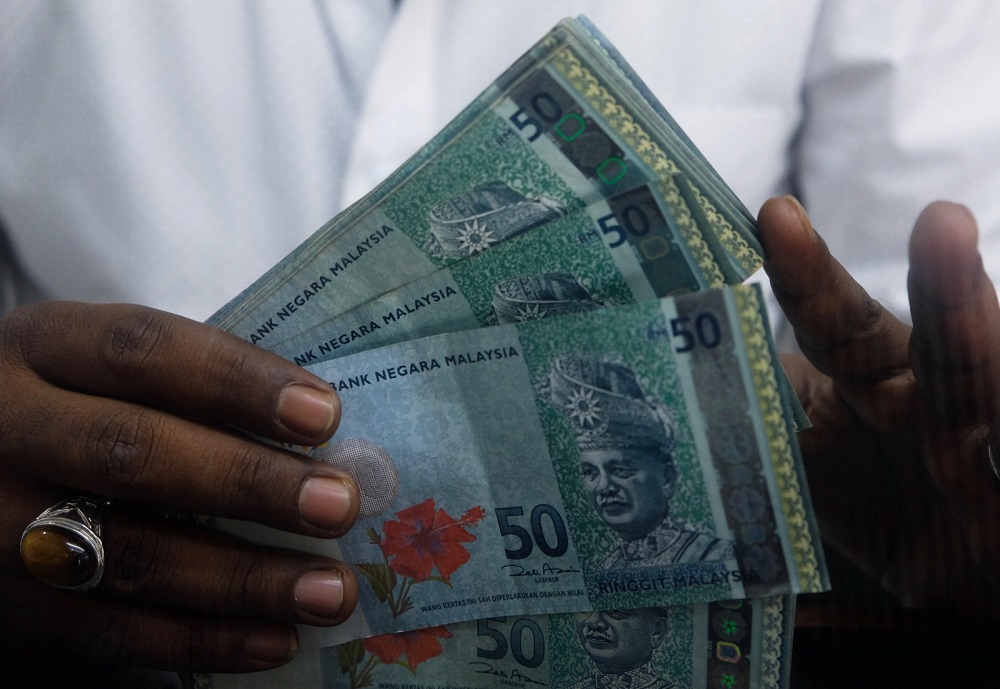KUALA LUMPUR, Nov 21 — Malaysians are more hesitant to make major purchases like buying a house or a car now compared to half a year ago, according to a recent survey by global market research firm Ipsos.
It found the drop in confidence on such big-ticket spending as signifying less optimism for the future, basing its conclusion on its Real Estate Affordability survey that polled over 20,000 people in 29 countries.
“Comfort with making major purchases peaked during the period of May-July 2018, just after the 14th general election. Decline in big-ticket purchases clearly shows that Malaysians are less optimistic of the future,” said Ipsos in a statement today.
At the same time, the research firm said the number of Malaysians lacking confidence in the market is not as high as their peers in other countries, including those in developed and high-income nations.
The survey in Malaysia, which polled urban and educated respondents with higher than average income, also revealed 55 per cent of those aged under 35 and 50 per cent of those aged 35 to 49 are more likely to buy a property as opposed to those above 50 years old.
Overall, the Real Estate Affordability survey indicated nearly three in five people globally consider it unlikely that they can afford to buy a home in their local market.
Malaysia’s ranking is in the middle ground, higher than the global average but not as high in contrast to countries such as China and India, where 74 per cent and 73 per cent respectively of its citizens believe they are able to afford a house.
The top countries where most said they were priced out of the market were Hungary at 84 per cent, Japan at 83 per cent, Poland at 75 per cent, Argentina at 68 per cent, and Russia at 67 per cent.
“More than 58 per cent of medium income households in Malaysia are likely to be able to afford to purchase a house, which is more than high income households in Malaysia, at 51 per cent.
“But what is heartening to note is that 46 per cent of Malaysians in the low income household bracket have also shown a likeliness to afford to buy a house,” said Ipsos, adding this thriving outlook from low income households is important as addressing the issue of affordability is sufficient to keep the party alive for the housing sector.
This optimistic outlook bodes well, as only 35 per cent of Malaysians in the survey felt that not being able to afford to purchase a home is a permanent situation. In comparison, 44 per cent of respondents in both China and Singapore felt that they are unlikely to afford to buy a home permanently.
For Malaysians aged 35 and below, 73 per cent are confident the inability to buy a house is only temporary, and likely to improve in the future. But those aged 50 and above tend to feel a lack of affordability will continue to remain a permanent situation in the future as well.
“Optimism is highest among the low-income household earners in Malaysia, with 69 per cent of those polled feel that not being able to afford to buy a home is a temporary situation and will improve in the future.
“In comparison, 45 per cent of high-income households and 39 per cent of medium-income households are wary of the current lack of affordability to buy a home. Respondents in both these income households feel that this situation is permanent and unlikely to improve in the future,” Ipsos said.
Its managing director for Malaysia Arun Menon said favourable factors for real estate including rising incomes, interest rates and demographic trends in the past few years are now seeing a reversal.
“The main reason behind this is lack of affordable housing. The worst hit due to the spiralling housing prices are salaried people, who are either postponing or altogether shelving their buying decision.
“If this trend continues then there is a danger of increased demand-supply gap, and then builders would have had no option but to reduce their prices to get back returns on investments, thereby setting off a vicious cycle in the process,” he said.



















